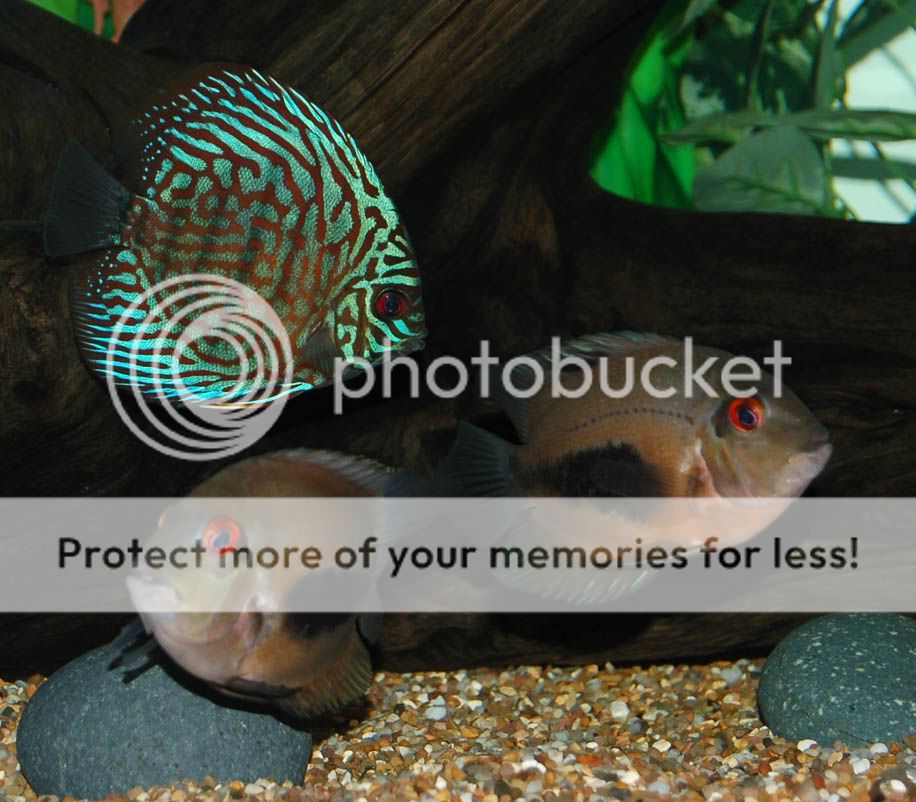Been waiting for you to comment connorSee, IMO keeping just one discus DOES NOT sound good.
DITO. VERY important to keep them in groups. They shoal in the hundreds in the wild.. It would be like keeping Tetras singly, just isn't nice..
You say you researched.. Where? Obviously not the right places because anyone who says to keep them singly doesn't know what they are talking about.ditto
Keeping a single Discus would be like keeping an Oscar in a 20 gallon, just isn't ideal and IMHO a little cruel
. Oh and connor you didnt P.M. me back on simply

Sorry I haven't replied yet, been extremely busy and unsure as to which fish I am going to part with

 well few fish divide opinion so strongly thats for sure
well few fish divide opinion so strongly thats for sure 
